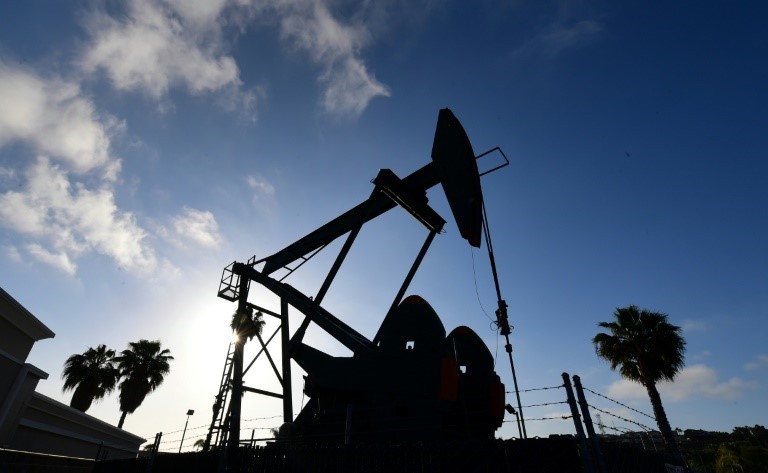
THE ongoing Ukraine-Russia war will provide incentives for Malaysia to diversify its import mix further.
Fitch Solutions senior oil and gas analyst Peter Lee felt that the higher international prices are being passed onto consumers by fuel retailers, which is in line with international rates.
As a result, this leaves governments to enact temporary mechanisms to relieve consumers.
“A logical move appears to be integrating more barrels from the Middle East and Africa, which are two of its favoured import destinations, with Saudi Arabia set to be the beneficiary from any production ramp-up at the new RAPID facility,” he told The Malaysian Reserve (TMR) recently.
“In a select few markets, retail fuel distributors have even been accused of stockpiling fuel, while waiting for the next price hike, thus creating disruptions along the supply chain.
“Indeed, most governments in Asia are discussing temporary measures to provide consumer relief including fuel price subsidies, price freezes and/or short-term tax cuts,” he told TMR.
Lee believes this trend is expected to increase the government’s expenses particularly those that retain some form of control over setting fuel prices and maintaining subsidies over certain grades of fuels.
Moreover, the global energy price hike has also increased power prices in many markets and several measures that have been introduced to reduce the impact of retail fuel price.
Therefore, alternative power sources such as coal, nuclear and others have been considered and explored but there are also concerns with the short-term rise in carbon emissions.
This would not be applicable in all markets due to power sector configuration and differentiated access to supply.
“It is difficult to know how long the crisis in Ukraine would last or what a potential end to the conflict might even look like, therefore, it is difficult to provide a verdict on what would happen after it, including the fate of US sanctions.
“Moscow and Kyiv are reportedly in discussions about a tentative peace plan, but it is far too early to tell if this would lead to anything tangible,” Lee added.
The ongoing conflict between Ukraine and Russia has caused oil prices to skyrocket to US$139 (RM585.19) a barrel, which is the highest for almost 14 years.
Meanwhile, T7 Global Bhd COO Tan Kay Zhuin said the ongoing conflict which resulted in price hikes would benefit their oil operators.
“When they are doing better in terms of ore prices and trading of hydrocarbons, they would in return give us more work so that they will kind of have a positive impact on our daily activities.
“Our contracts or our services or price agreements with them are on a long-term basis,” he told TMR.
“As activities are becoming more and more vibrant, recruitment is on the rise as well. New projects have been sanctioned, investment decisions are being approved so more work for the community,” he said.
Universiti Kuala Lumpur Business School economics Assoc Prof Aimi Zulhazmi Abdul Rashid does not believe that they have much effect on Malaysian petrol dealers as most RON95 and diesel prices are regulated by the government.
“The only issue is that the petrol stations have to purchase and keep RON97 which price has increased in tandem with the rise in crude oil price, the dealers may need to fork out more money for the purchase of RON97,” he told TMR.
Some of their working capital will stick with maintaining the inventory of RON97 but it only comprises a small fraction of the total sales from the overall petrol.
“The price hike is just temporary as the other oil producers in the Middle East are able to provide extra supply and capacity.
“Even though Russia is the biggest non-OPEC producer of oil, the additional supply is ample from the other OPEC producers,” he added.
With Malaysia’s international borders are now open, Aimi Zulhazmi believes that the aviation sector would be most affected by the hike.
Source: https://themalaysianreserve.com/2022/04/06/ongoing-conflict-may-lead-malaysia-to-diversify-import-mix/

